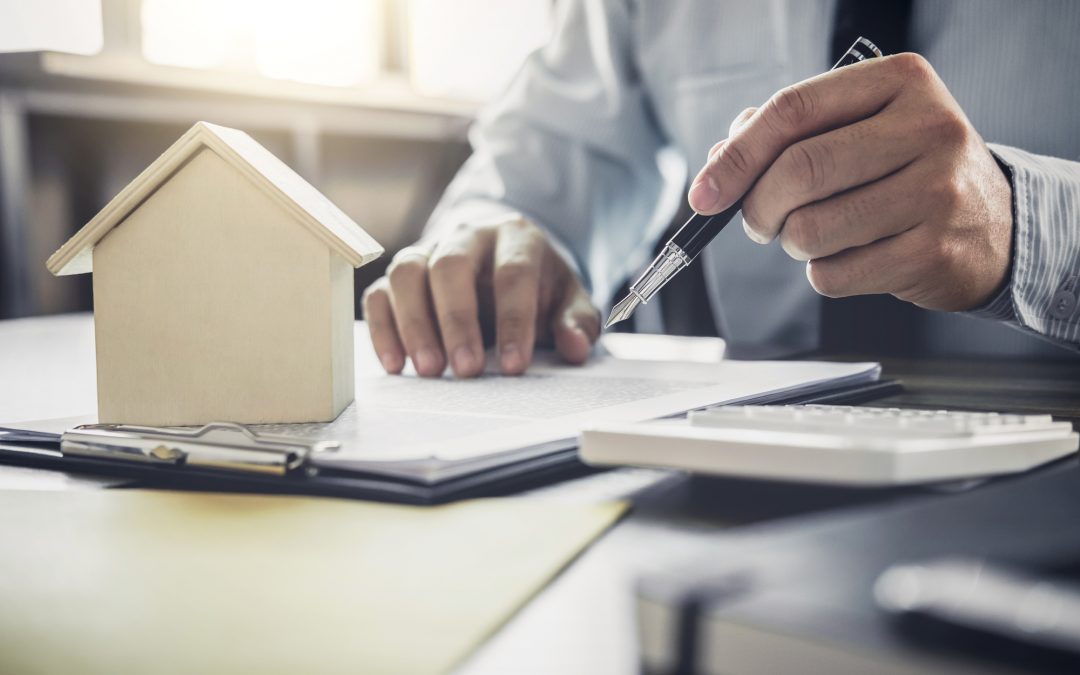Are you scheduling a home inspection soon? If so, you’ll want to understand the accompanying report. You’ll receive all sorts of information, so how do you know what’s most important?
Unlike a specialized inspection (such as a roof or foundation inspection), a home inspection will give you feedback on the entire house. The included details aren’t created equal, though.
To help you know what’s most important, we’ve created this guide. Here are the key things to know about and look for on your home inspection report.
The Basics
First, let’s go over the basic information you should see on your report. While details about the home are what you’re after, there are some other important things too.
Make sure the report includes information about when the inspection took place. This may include more details than you’d expect, such as what the weather was like during the inspection. Client information should also be included.
All issues should be listed in detail. Recommended solutions and pictures should be included as well.
What Does a Home Inspection Report Look Like?
The way your report looks depends on who does the reporting. Inspectors use a handful of different formats.
Don’t worry if you were expecting to see a checklist and it looks more like an essay. The important thing is that the report includes all the necessary information.
Remember that this is an overall inspection. So even though you want details, the report won’t be as detailed as a specialized one.
Major Concerns
There are some things that may show up on your report that should be instant red flags. Here are some major things you should watch out for.
HVAC Problems
If the HVAC system isn’t working properly, you could have a major expense on your hands. Explore this issue in detail to see what your potential costs would be to upgrade, fix, or replace.
Outdated or Unsafe Wiring
Unless you’re buying a fairly new home, building codes made have changed since the home in question was built. This could mean the wiring isn’t up to par.
Make sure the home is safely wired and that any problems don’t require any major effort to fix. Otherwise, you’ll have a big project on your hands right off the bat.
Water Damage
Water damage is also a fix you may not want to deal with. This could be because of a leaking roof or other water-related issues. Water leaks lead to mold and other problems that are costly to fix.
Roofing Issues
Purchasing a house that needs a new roof is no fun. So make sure you don’t have any major roofing issues unless you’re willing to fork out the cash to fix them. Even minor issues can be signs of something bigger down the road, so make your decision carefully.
Proper Grading
The property the house sits on should have been graded during construction. If it wasn’t, you may have water draining toward your house, which can cause foundation problems. Your inspector should take note of this situation.
Foundation Problems
The foundation supports the entire house, so any issues here should be a major red flag. Foundation problems are fixable, but make sure you know what the fix requires before purchasing the house.
The Importance of Checklists
When looking at your report, you need to know if anything important was left out. For this reason, it’s great to have a checklist. Several example checklists can be found online.
Even if your inspector doesn’t present his or her report in the form of a checklist, they should be using one throughout the inspection. Don’t hesitate to get a checklist for yourself and make sure that everything on it was looked at.
Don’t assume that everything was checked if it wasn’t brought up on the report. Just because something isn’t mentioned doesn’t mean it was checked and there wasn’t a problem.
Self-Performed Inspection
You may want to perform your own inspection prior to bringing out a professional. This is fine, and it will help you fix potential problems before an official report is created.
However, a self-performed inspection cannot take the place of a professionally done inspection. Use your own inspection to fix obvious, minor issues, but don’t depend on it entirely. In order to complete a purchase, you’ll need a professional inspection and report.
Self-performed inspections are easy enough if you’re selling a house. Since you’re looking to buy someone else’s home, ask the homeowner if you can take the time to inspect things yourself. Or study your checklist before a showing and look carefully as you go through the home.
Home Inspections Aren’t Perfect
A good home inspector will do his or her job thoroughly and give you the best information possible. With their report, you’ll be set to talk to the seller about any issues or move forward with a purchase.
Keep in mind that home inspections aren’t perfect. Even if a house is given a clean bill of health, problems may present themselves after you move in. But, if you use a reliable inspector and get a detailed report, you’ll be able to avoid a lot of problems.
Schedule a Home Inspection Today
Home inspections are vital when you’re shopping for a new home. They give peace of mind about a potential home purchase or raise red flags that you definitely want to know about.
Avoid purchasing a home with major problems by scheduling an inspection today. Your home inspection report will give you all you need to know in order to make a well-educated decision.
Are you ready to schedule an inspection? Click here to get started.

